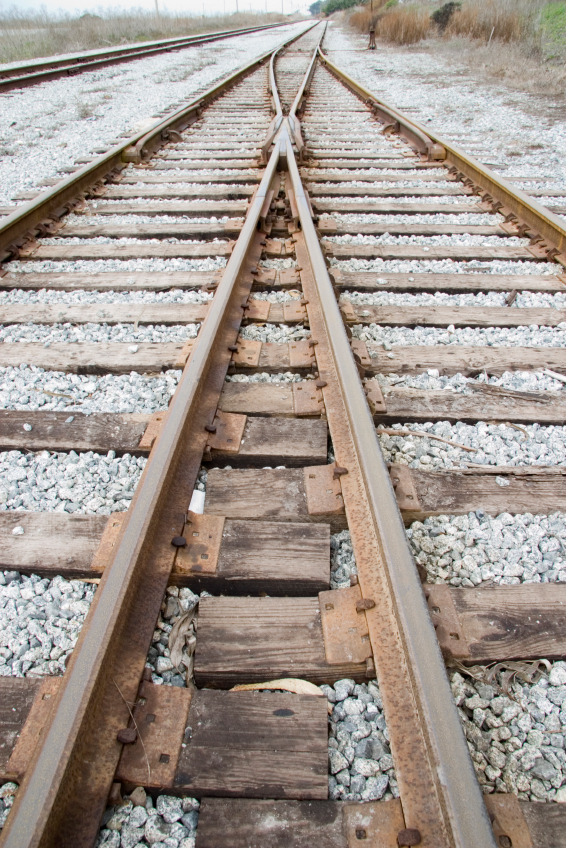Why we get stuck on a planet-destroying path (and what to do about it)
 Whether in my day job, or particularly in my (local) political career, my biggest frustration is decisions are made outside our Sustainability bubble which lock us into a high carbon and/or linear economy path for decades to come. These decisions are often made by default – we tend to do what we always have done, locking us in to ‘business as usual’.
Whether in my day job, or particularly in my (local) political career, my biggest frustration is decisions are made outside our Sustainability bubble which lock us into a high carbon and/or linear economy path for decades to come. These decisions are often made by default – we tend to do what we always have done, locking us in to ‘business as usual’.
For example, more than a decade ago, as part of the ruling group on Newcastle Council, we looked at segregated food waste collections to drive us towards our zero waste ambitions. Unfortunately found that the waste contract we had inherited from the previous administration relied on food waste in the residual waste stream as that stream is ‘stabilised’ in in-vessel composters, producing very low grade material. The end of that restrictive contract is in sight and today the Council is considering the strategy for the next stage. To my frustration there is no mention in the report to Cabinet of taking the once-in-25-years’ opportunity to get food out of that residual waste stream and do something more sustainable with it e.g. put it into an anaerobic digester to create renewable heat and electricity. I am hoping that this is an oversight and, now as Opposition spokesperson, I’ll be challenging it later this afternoon [Update: segregated food waste does appear to have been factored into the calculations].
This is one area where our adversarial politics does have benefits. It is the job of the Opposition in any level of Government to try and catch the ruling group out, spotting how they would do it better and making a big fuss about it. But most organisations do not have this level of scrutiny, so what can you do to smash business as usual?
The overall goal is to get decision-makers prepared to identify decision points and picking different options rather than working by default. Here are three powerful techniques which will help:
- Set stretch targets so people can see the scale of change required;
- Cascade Sustainability targets down through the reporting structure and into the personal objectives of key decision makers, so the targets become their problem, not the Sustainability team’s;
- Engage those decision makers (and their technical teams) in generating low carbon/circular economy visions for the organisation – if they have ideas they are much more likely to come to fruition than if you do.

